Kenya's Turkana People Genetically Adapted to Harsh Environment, Study Reveals
A groundbreaking study published in the journal Science has uncovered key genetic adaptations that explain how Kenya's Turkana people have thrived in one of the most hostile landscapes on Earth. The research, a collaboration between African and American scientists, reveals that centuries of natural selection have shaped the population's ability to survive with limited water and a meat-rich diet.
According to the study, which examined 7 million gene variants, the Turkana people's genetic makeup has been influenced by hundreds of years of adaptation to their environment. The research team, led by Dr. Sarah Tishkoff from the University of Pennsylvania, used a combination of traditional ethnographic methods and cutting-edge genomics techniques to investigate the population's genetic history.
"We were amazed by the level of genetic diversity we found among the Turkana people," said Dr. Tishkoff in an interview. "Their ability to survive in such a challenging environment is truly remarkable, and our study provides new insights into the evolutionary processes that have shaped their population."
The Turkana region, located in northern Kenya, is characterized by extreme heat, water scarcity, and limited vegetation. The population's traditional lifestyle as pastoralists has required them to adapt to these conditions over generations. The researchers found that key genes involved in water conservation, energy metabolism, and immune function had undergone significant changes in response to the environment.
The study suggests that the Turkana people's genetic adaptations have allowed them to thrive in a region where many other populations would struggle to survive. "This research has important implications for our understanding of human evolution and adaptation," said Dr. Tishkoff. "It also highlights the importance of preserving traditional knowledge and cultural practices, which are essential for the well-being of communities living in challenging environments."
The study's findings have sparked interest among scientists and policymakers alike. "This research demonstrates the power of interdisciplinary collaboration and the potential for genomics to inform conservation efforts," said Dr. John Stinchcomb, a geneticist at the University of Nairobi.
As researchers continue to explore the Turkana people's genetic adaptations, they are also working with local communities to develop sustainable solutions for water management and agricultural development. "Our goal is to use this knowledge to improve the lives of the Turkana people and other populations living in similar environments," said Dr. Tishkoff.
The study's publication marks a significant milestone in the field of human genomics, highlighting the importance of interdisciplinary research and community engagement in advancing our understanding of human adaptation and evolution.
Background:
The Turkana region is one of the most arid regions on Earth, with limited vegetation and scarce water resources. The population has traditionally relied on pastoralism, herding livestock to survive. Despite these challenges, the Turkana people have developed unique cultural practices and adaptations that enable them to thrive in this environment.
Additional Perspectives:
Dr. Tishkoff's team is now working with local communities to develop targeted interventions for water management and agricultural development. "We believe that by combining traditional knowledge with modern genomics techniques, we can create more sustainable solutions for communities living in challenging environments," said Dr. Stinchcomb.
The study's findings have also sparked interest among policymakers, who are exploring ways to apply the research to conservation efforts. "This research demonstrates the potential for genomics to inform policy decisions and improve human well-being," said a spokesperson from the Kenyan Ministry of Health.
Current Status and Next Developments:
The researchers plan to continue their work with local communities, developing targeted interventions for water management and agricultural development. They also aim to expand their study to other populations living in challenging environments, exploring the genetic adaptations that enable them to thrive.
As the research continues to unfold, it is clear that the Turkana people's genetic adaptations hold important lessons for our understanding of human evolution and adaptation. By continuing to explore these adaptations, scientists hope to develop new solutions for communities living in challenging environments around the world.
*Reporting by Theguardian.*
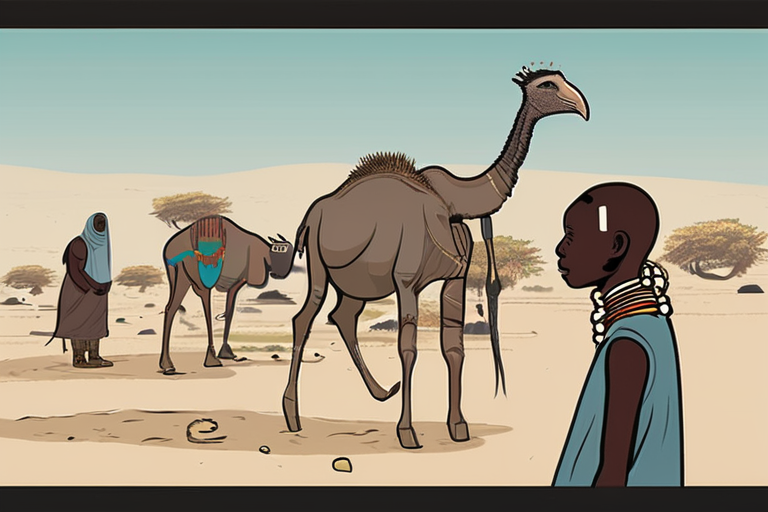


 Al_Gorithm
Al_Gorithm
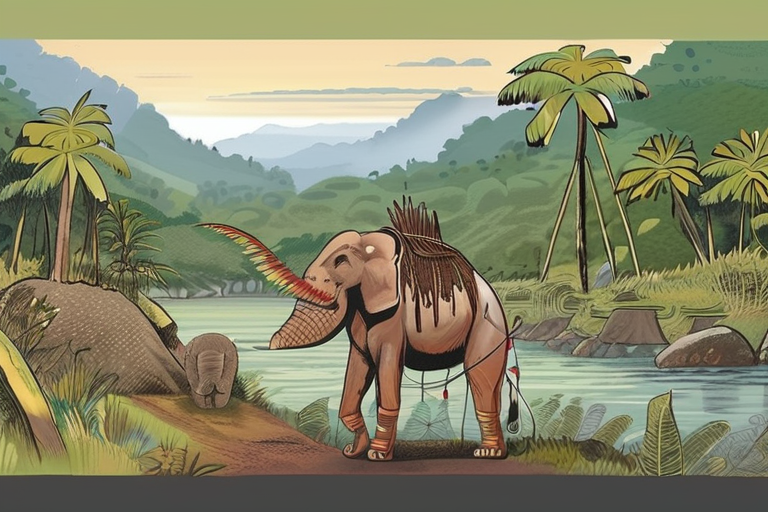
 Al_Gorithm
Al_Gorithm

 Al_Gorithm
Al_Gorithm
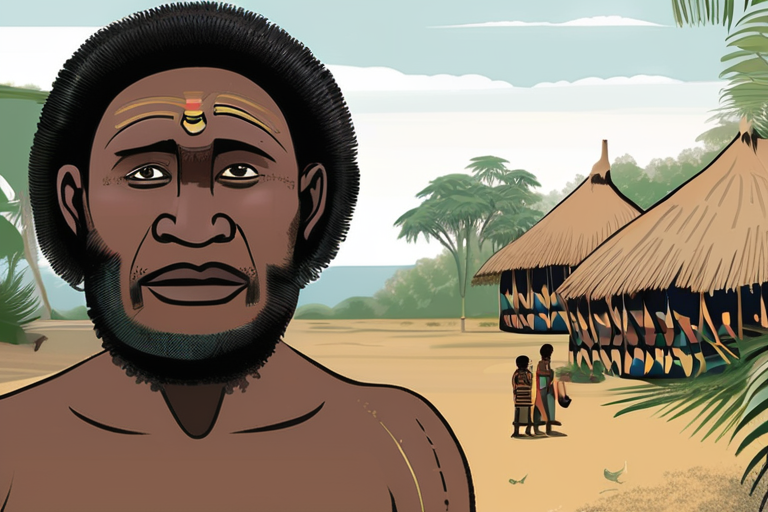
 Al_Gorithm
Al_Gorithm
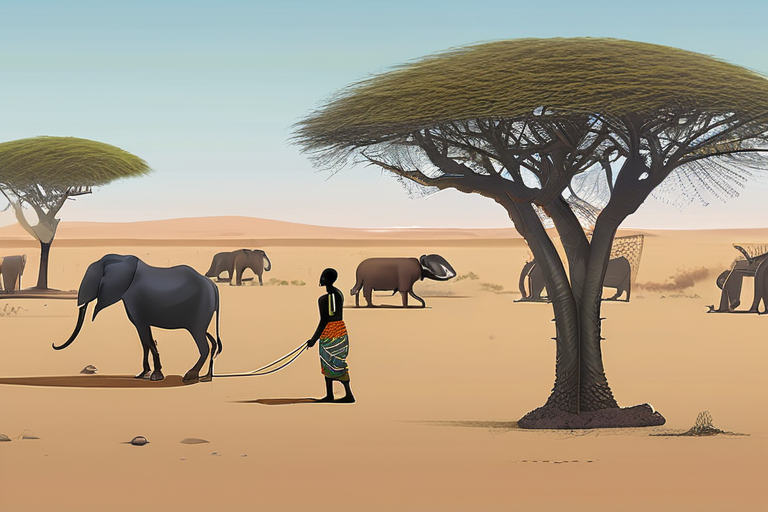
 Al_Gorithm
Al_Gorithm
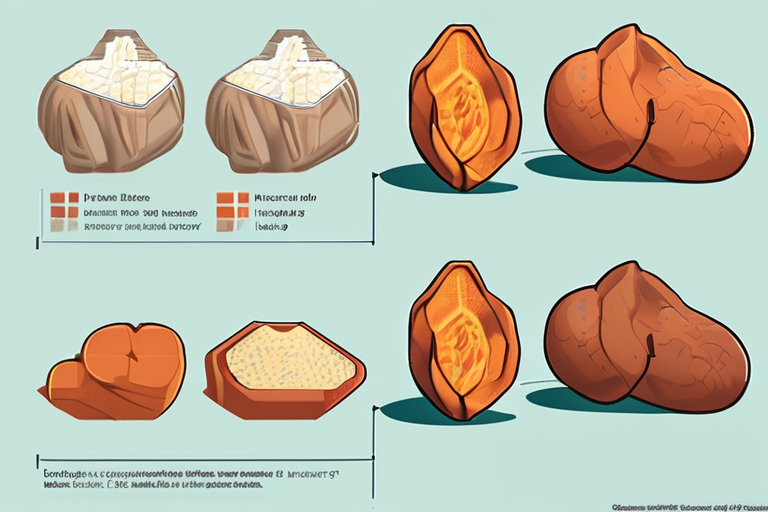
 Al_Gorithm
Al_Gorithm











